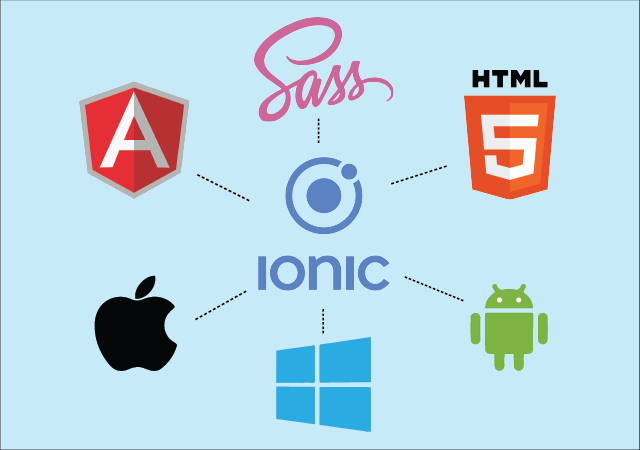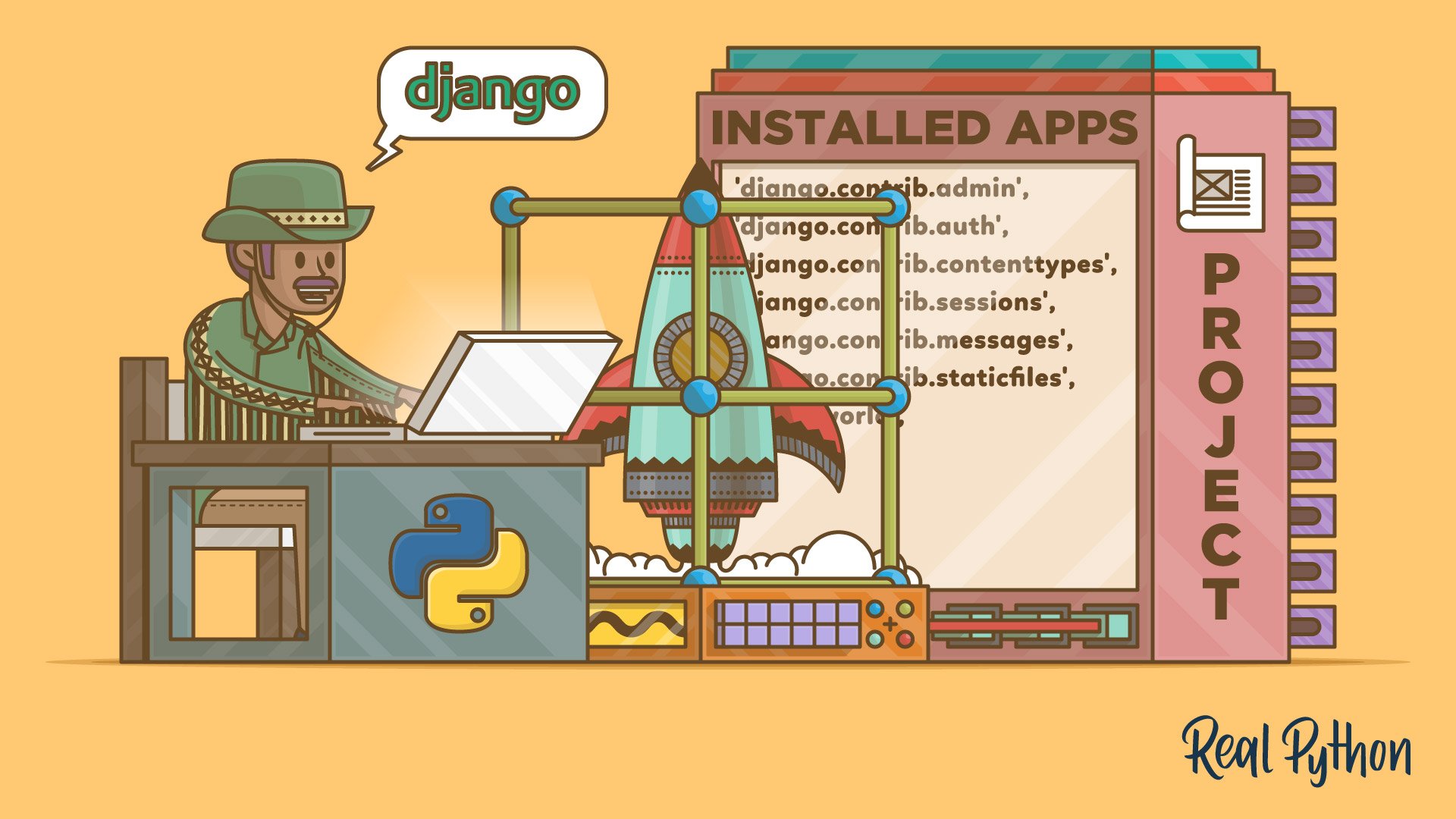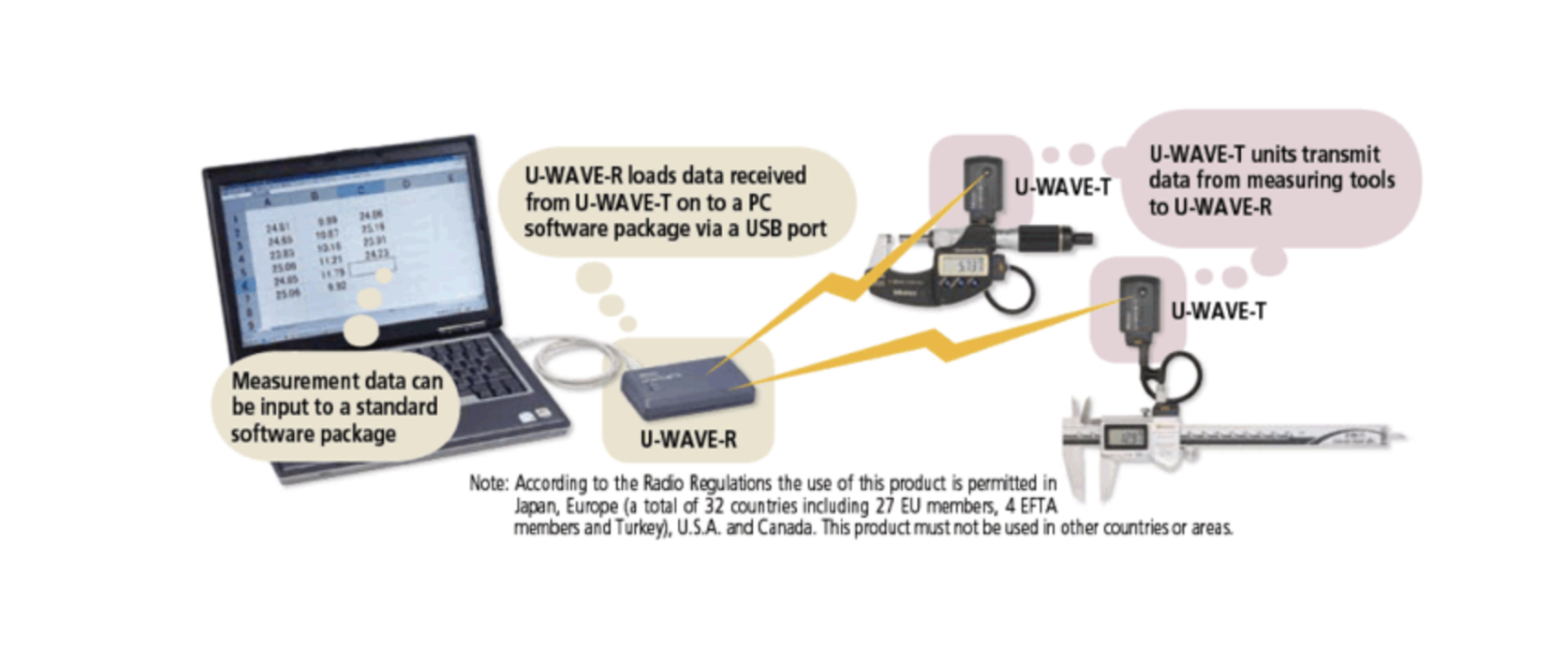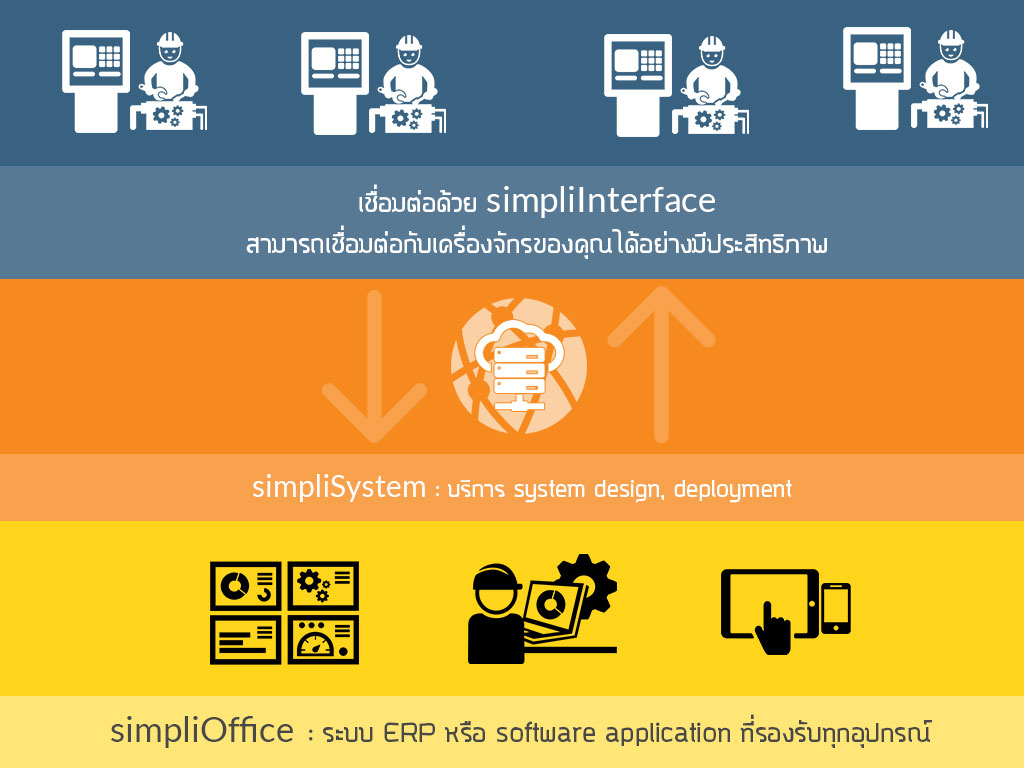Can Quantum Computing Solve AI’s Biggest Bottlenecks
Artificial Intelligence (AI) has made groundbreaking progress, but it still faces several bottlenecks that limit its full potential. As models like ChatGPT-4, Grok-3, Qwen, and DeepSeek continue to push boundaries, issues like computation limits, data shortages, hallucinations, and security concerns persist. Could quantum computing be the game-changer AI needs? Let’s explore whether quantum AI can truly break through these barriers.
Current AI Bottlenecks
Before we dive into quantum computing’s role, let’s look at the major challenges holding AI back:
1. Compute Power & Energy Limits
- Training AI models takes massive computing resources (e.g., ChatGPT-4 required thousands of GPUs over weeks).
- As models grow, costs become unsustainable.
2. Data Shortages & Quality Issues
- AI requires huge datasets, but high-quality training data is scarce and often biased.
- AI cannot generalize well without diverse, reliable data sources.
3. AI Hallucinations & Limited Reasoning
- Current AI models make up information or fail in deep reasoning tasks.
- Lack of true logical processing makes AI unreliable for critical applications.
4. Security & Ethical Risks
- AI systems can be hacked, manipulated, or used for disinformation.
- Quantum computing has the potential to revolutionize encryption and security.
5. Memory & Long-Term Learning
- AI models forget past interactions and struggle with persistent context.
- True artificial general intelligence (AGI) requires continuous learning.
How Quantum Computing Can Solve AI Bottlenecks
Quantum computing leverages qubits instead of traditional bits, allowing it to process vast amounts of data exponentially faster. Here’s where it can help:
1. Speeding Up AI Training 🚀
✅ Quantum parallelism can process multiple AI training pathways at once, cutting model training time from months to hours.
✅ AI models could become smaller but more powerful, reducing energy costs.
2. Smarter AI Reasoning & Problem Solving 🧠
✅ Quantum AI can explore multiple solutions simultaneously, making AI models more accurate.
✅ Hybrid AI + Quantum models could eliminate AI hallucinations and improve logical reasoning.
3. Breaking Data Bottlenecks 📊
✅ Quantum-enhanced AI can learn from smaller datasets, solving data scarcity issues.
✅ AI can extract better insights from unstructured data faster.
4. Revolutionizing AI Security 🔐
✅ Quantum cryptography can create unbreakable encryption, securing AI applications.
✅ Quantum Key Distribution (QKD) will prevent hacking and AI data breaches.
Where Quantum Computing Won’t Help (Yet)
Despite its potential, quantum computing isn’t a magic bullet for all AI problems:
1. AI Memory & Long-Term Learning ❌
- Quantum processors don’t store memories like classical memory; AI still needs better context retention techniques.
2. Eliminating AI Bias & Ethics Issues ❌
- Quantum won’t automatically fix biased datasets or ethical concerns in AI.
- Human oversight is still essential to ensure AI fairness.
3. Real-World Implementation Delays ❌
- Quantum computers are still in experimental phases, requiring extreme cooling (-273°C) and expensive hardware.
- Full AI-Quantum integration could take 5–10 years.
The Future: AI + Quantum = Superintelligence?
The combination of AI and quantum computing is a powerful vision. Here’s what we can expect:
Short-Term (2025-2030)
- Hybrid Quantum + AI models that improve decision-making.
- Faster AI research and breakthroughs in drug discovery, finance, and climate modeling.
Long-Term (2030+)
- Fully quantum-powered AI systems with near instantaneous learning and improved intelligence.
- Artificial General Intelligence (AGI) becoming a reality.
Final Thoughts: A Game Changer, But Not Today
Quantum computing has the potential to remove key AI bottlenecks, especially in training speed, reasoning, and security. However, it won’t replace classical AI models anytime soon. The future of AI will likely be a hybrid of quantum and classical computing, pushing the boundaries of what’s possible.
🚀 What do you think? Will quantum computing unlock the next era of AI, or is it still a long way off? Let’s discuss!
Get in Touch with us
Related Posts
- What Is an LMS? And Why You Should Pay Attention to Frappe LMS
- Agentic AI in Factories: Smarter, Faster, and More Autonomous Operations
- Smarter, Safer EV Fleets: Geo-Fencing and Real-Time Tracking for Electric Motorcycles
- How to Implement Google Single Sign-On (SSO) in FastAPI
- Build Your Own Taxi Booking App with Simplico: Scalable, Secure & Ready to Launch
- Building a Scalable EV Charging Backend — For Operators, Developers, and Innovators
- How to Handle Complex Pricing for Made-to-Order Products in Odoo
- How to Build a Made-to-Order Product System That Boosts Sales & Customer Satisfaction
- Transform Your Operations with Autonomous Agentic AI
- Streamline Fiber Tester Management with a Lightweight EXFO Admin Panel
- Enhancing Naval Mission Readiness with EMI Simulation: Cost-Effective Risk Reduction Using MEEP and Python
- Strengthen Your Cybersecurity Posture with Wazuh: A Scalable, Cost-Effective SIEM Solution
- OCPP Central System + Mobile App — Customer Proposal
- How TAK Systems Are Transforming Border Security
- ChatGPT-4o vs GPT-4.1 vs GPT-4.5: Which Model Is Best for You?
- Can Clients Decrypt Server Data Without the Private Key? (Spoiler: No—and Here’s Why)
- Managing JWT Authentication Across Multiple Frameworks
- Building a Lightweight EXFO Tester Admin Panel with FastAPI and Alpine.js
- Monitoring Cisco Network Devices with Wazuh: A Complete Guide
- Using FastAPI to Bridge Mobile Apps with OCPP EV Charging Systems














